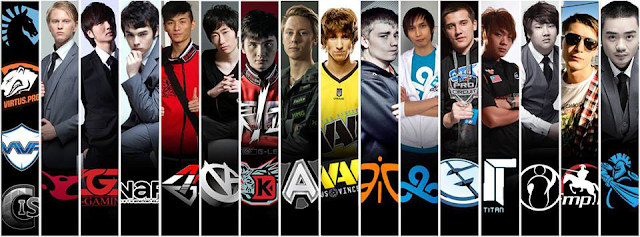What is MMA?
MMA stands for mixed martial arts and is a full combat sport using techniques across various disciplines including jiu-jitsu, muay-thai and wrestling. The main promoter and organiser of MMA is the Ultimate Fighting Championship (UFC) which is based in the United States but rolls-out events, globally. The UFC doesn't really have any other competitors and therefore holds a near-monopoly position in the commercial MMA market. This also gives them a significant advantage when negotiating contracts with fighters who are unable to supplement their income with any other competing organisation.
The popularity of MMA, as a spectator sport, has exploded over the last few years and now enjoys a global fanbase with the UFC having an estimated brand worth of $4bn, according to Forbes. However, it wasn't always bright lights and pay-cheques for MMA, the sport has had an uphill battle in terms of convincing critics over concerns about the sport's violent nature and safety regulations. The sport is still banned in Norway and France, in October 2016, announced the implementation of combat sport regulations which sees MMA outlawed across the country. However, in the United States, MMA continues to go from strength to strength, enjoying enormous growth each year. In March 2016, New York became the 50th state to legalise MMA and is looking forward to a sold out Madison Square Garden bout, in November, when Irish superstar, Conor McGregor looks to make history when he challenges Eddie Alvarez, in an attempt to become the first fighter to hold two UFC titles, at the same time.
The MMA bandwagon shows no signs of slowing down and as the commercialisation of the sport continues to grow and the UFC's worth continues to rise, it is only fair, just and reasonable that the fighters, who put themselves physically and financially at risk, are protected and not subjected to exploitation and unfair contract terms.





















